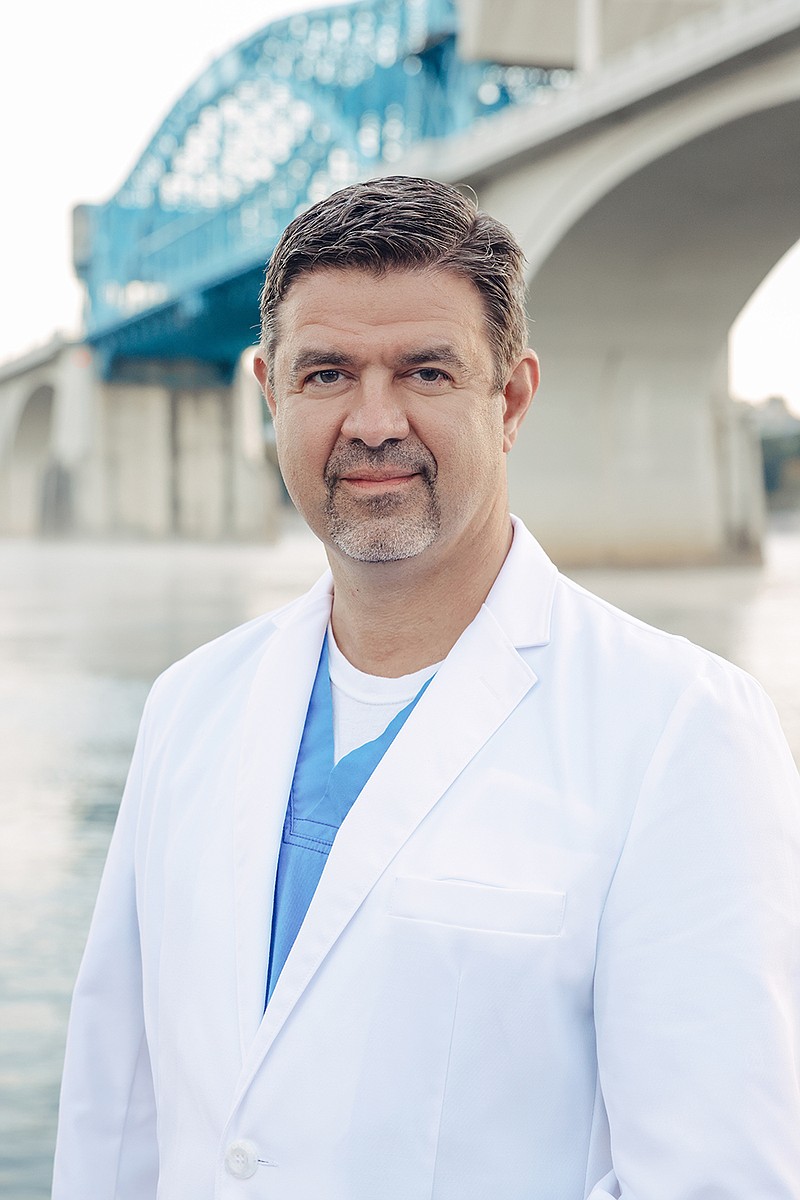Q: The new year presents new opportunities. What are some little things I can do that will stick in making me better?
A: Adopting healthier habits is a goal for many adults, but with the busyness of daily life, health often takes a backseat. Here are ways you can modify your day to be more wellness-driven.
-- Clear your space: Decluttering is an exercise in mental health. Discarding excess stuff and creating organized spaces can improve your focus, reduce stress and promote a sense of calm. Fewer items lying around also prevent the accumulation of dust particles and toxins that can trigger allergies and asthma.
To make decluttering more manageable, start with one room at a time. Set a timer and create two piles -- one for keeping and one for discarding. Use creative storage solutions to organize what's left.
-- Schedule time for self-care: Self-care is essential to your well-being, so it deserves a place in your daily schedule like any other important activity. Incorporate self-care practices into your current routines. Start your morning with a short guided meditation before jumping into the shower. Meet up with a friend during your lunch break. End the day with a good book and a cup of chamomile tea.
-- Sleep well: Americans are tired. Studies show that more than one-third of working adults don't get enough sleep. Reasons vary, but the potential risks are the same. Chronic sleep deprivation is closely linked to the development of serious health conditions such as high blood pressure, diabetes, depression and a weakened immune system.
Be sure the sleep you get each night is sufficient in both quantity and quality. Set yourself up for a good night's rest by investing in comfortable bedding. Use blackout curtains and a sound machine to control light and noise. Unplug from devices at least one hour before bed to allow your body adequate time to wind down.
-- Make a career change: Some stress is typical and can even be positive, but chronic or acute stress is harmful to your health. Consider making lifestyle changes that dramatically reduce negative stress. For example, if your job is a top stressor, evaluate the possibility of a career change. With foundational knowledge in a field like medical coding, you can enjoy a satisfying career that supports your mental health. Grow your skill set by taking an online professional development course that teaches how to assign codes and analyze healthcare diagnoses, procedures and service claims. Upon course completion, you can take an assessment to certify your qualifications. Choose from available medical coding online courses to get started.
-- Stay on top of your health care: Be diligent about making and keeping preventative care appointments, including an annual physical, a routine eye exam and twice-yearly dental cleanings. If you take medication, request refills well before you run out. Contact your healthcare provider if alarming symptoms arise.
Your health matters. Adjust your daily routines and habits to focus on your physical and mental well-being. Small, but impactful changes will pave the way to lasting health.
Dr. Christopher LeSar is a vascular surgeon with Vascular Institute of Chattanooga and a member of the Chattanooga-Hamilton County Medical Society.

